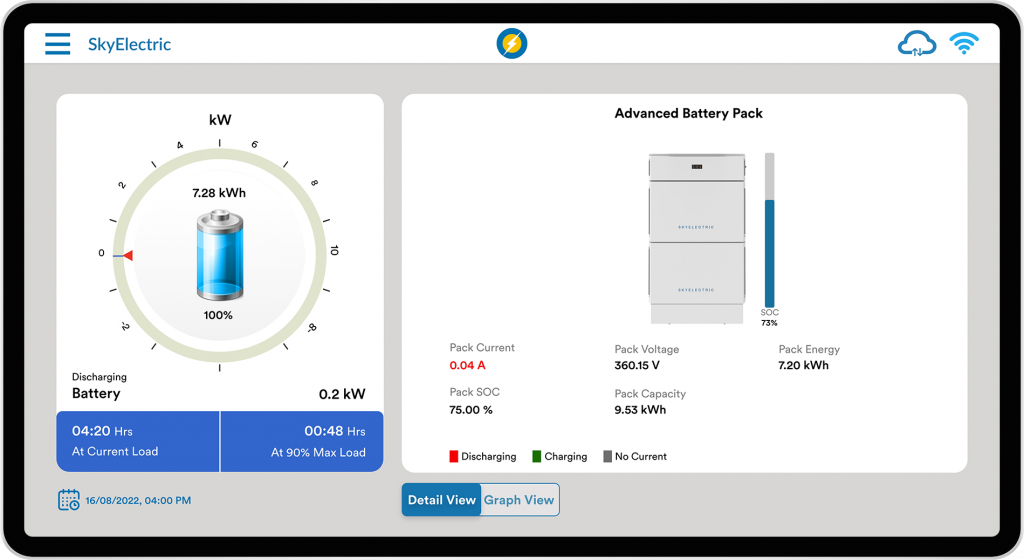
Solar Energy and Sustainability: Illuminating a Greener Future!
In an era where the conversation around climate change and renewable energy is more pertinent than ever, solar energy emerges as a beacon of hope. This sustainable energy source not only promises to reduce our carbon footprint but also to lead us towards a more environmentally friendly and economically viable future. Through this blog, we will delve into the essence of solar energy, its environmental benefits, its pivotal role in global sustainability goals, and the challenges it faces, aiming to uncover the comprehensive impact solar energy has on our planet’s sustainability.
The Basics of Solar Energy
Solar energy, harnessed from the sun’s rays, has been a constant source of power since the dawn of time, utilized by ancient civilizations in various ways. Today, it’s captured using two primary technologies: Photovoltaic (PV) cells that convert sunlight directly into electricity, and solar thermal systems that use sunlight to heat water or air for use. Thanks to rapid technological advancements, solar energy has become more efficient and accessible, marking its significance in the renewable energy sector.
Environmental Benefits of Solar Energy
Reduction in Greenhouse Gas Emissions
Unlike fossil fuels, solar panels produce electricity without emitting carbon dioxide (CO2) or other greenhouse gases, which are major contributors to global warming. By replacing conventional energy sources with solar power, we can significantly reduce the global carbon footprint.
Decrease in Water Usage
Solar energy requires minimal water to operate, unlike nuclear or coal power plants, which consume vast amounts of water for cooling. This characteristic makes solar energy a key player in conserving water resources.
Preservation of Ecosystems and Wildlife
Solar farms have a relatively low impact on the environment compared to fossil fuel extraction and production, which can lead to habitat destruction and pollution. Moreover, the solar industry is increasingly adopting practices that minimize their impact on local ecosystems.
Lifecycle Analysis
From manufacturing to disposal, solar panels have a much lower environmental impact compared to traditional energy sources. Efforts are ongoing to make the recycling process of solar panels more efficient, further reducing their environmental footprint.
Solar Energy and Global Sustainability Goals
Solar energy is instrumental in achieving the United Nations Sustainable Development Goals (SDGs), particularly in ensuring access to affordable, reliable, sustainable, and modern energy for all (SDG 7). It also plays a crucial role in taking urgent action to combat climate change (SDG 13) and making cities and human settlements inclusive, safe, resilient, and sustainable (SDG 11). Countries like Denmark and Germany are leading examples, having made significant strides towards integrating solar energy into their national grids, thereby promoting economic growth and sustainability.
Economic Benefits of Solar Energy
The adoption of solar energy brings several economic advantages. The cost of solar panels has plummeted over the past decade, making solar installations an increasingly cost-effective option for electricity generation. This sector has also been a significant source of job creation, from manufacturing to installation and maintenance, fueling the green economy. Furthermore, solar energy enhances energy independence, reducing reliance on imported fuels and improving national security.
Challenges and Solutions
While the potential of solar energy is immense, its widespread adoption faces technological, financial, and regulatory hurdles. High initial costs and the need for substantial investment in research and development are notable challenges. However, advancements in solar technology and financial mechanisms, such as subsidies and incentives, are making solar energy more accessible. Policymakers play a crucial role in creating a favorable regulatory environment to facilitate the growth of the solar industry.
Future of Solar Energy and Sustainability
Emerging technologies in solar energy, such as perovskite solar cells and solar thermal fuel, promise to revolutionize the sector by making solar power cheaper and more efficient. Community and decentralized solar projects are making solar energy accessible to a broader audience, including those in remote areas and developing countries. The future vision is clear: with continued innovation and support, solar energy can significantly contribute to a sustainable energy future.
Conclusion
Solar energy stands at the forefront of the transition towards a more sustainable world. Its benefits extend beyond environmental preservation, contributing to economic growth and social development. As we move forward, it is imperative for individuals, businesses, and governments to support and invest in solar energy, ensuring a greener, more sustainable future for generations to come. Understanding solar energy’s role in sustainability is just the beginning. The journey towards a sustainable future is collective, requiring the efforts of everyone across the globe. Let’s embrace solar energy, not just as an alternative, but as a primary, sustainable power source for our planet.








